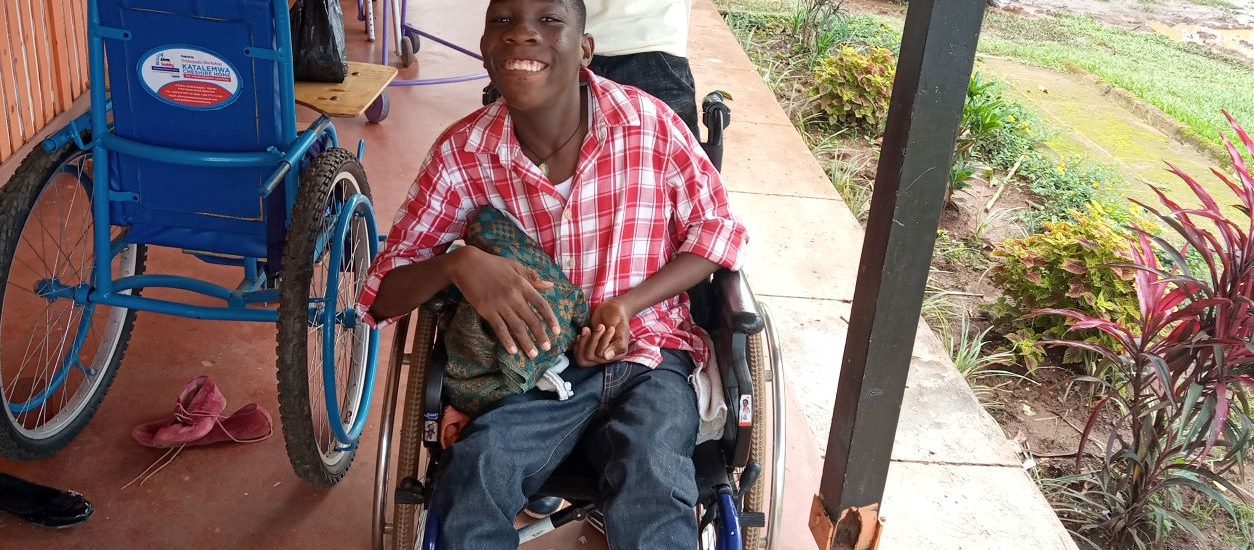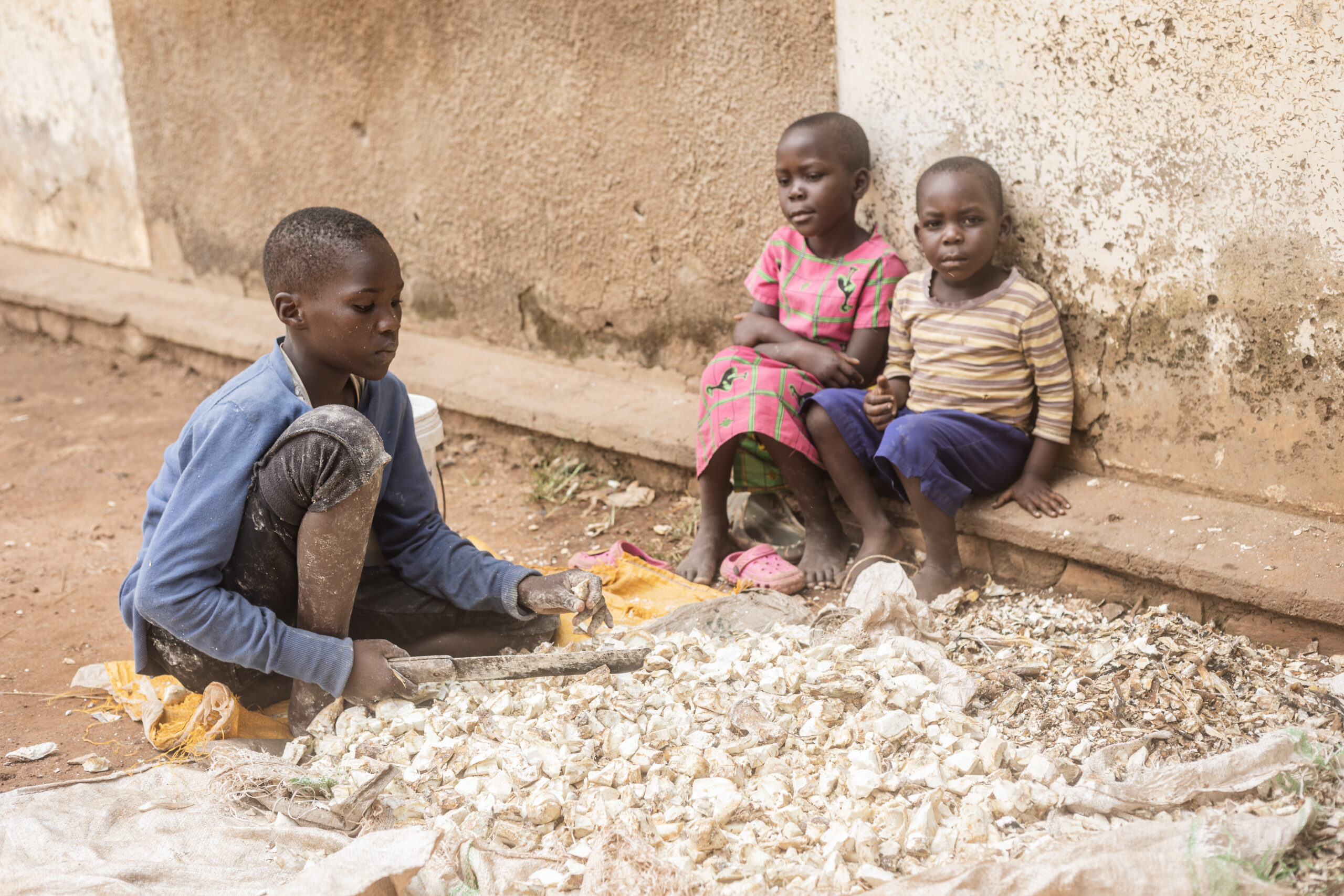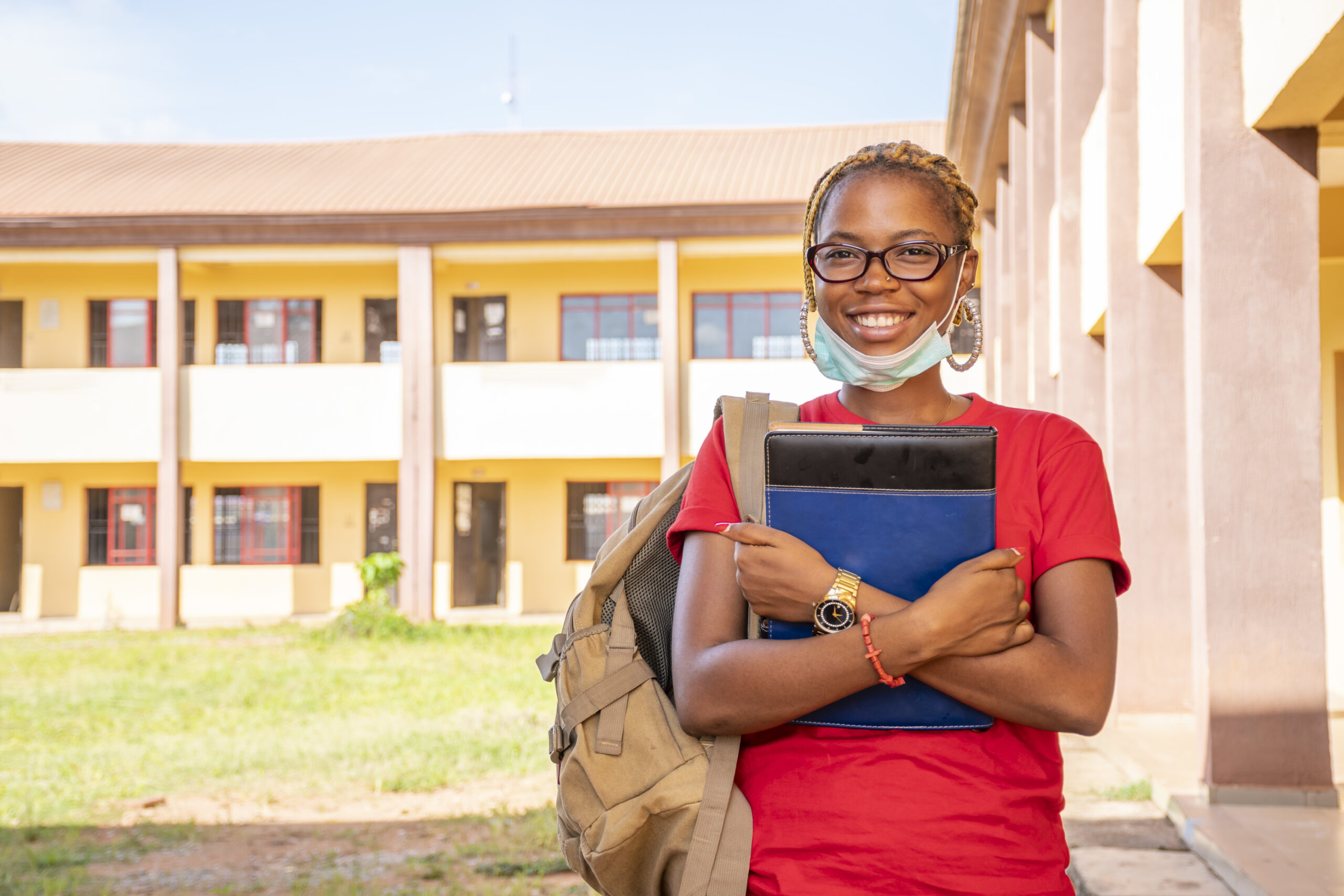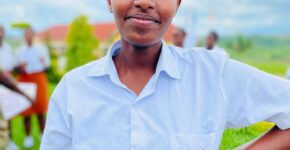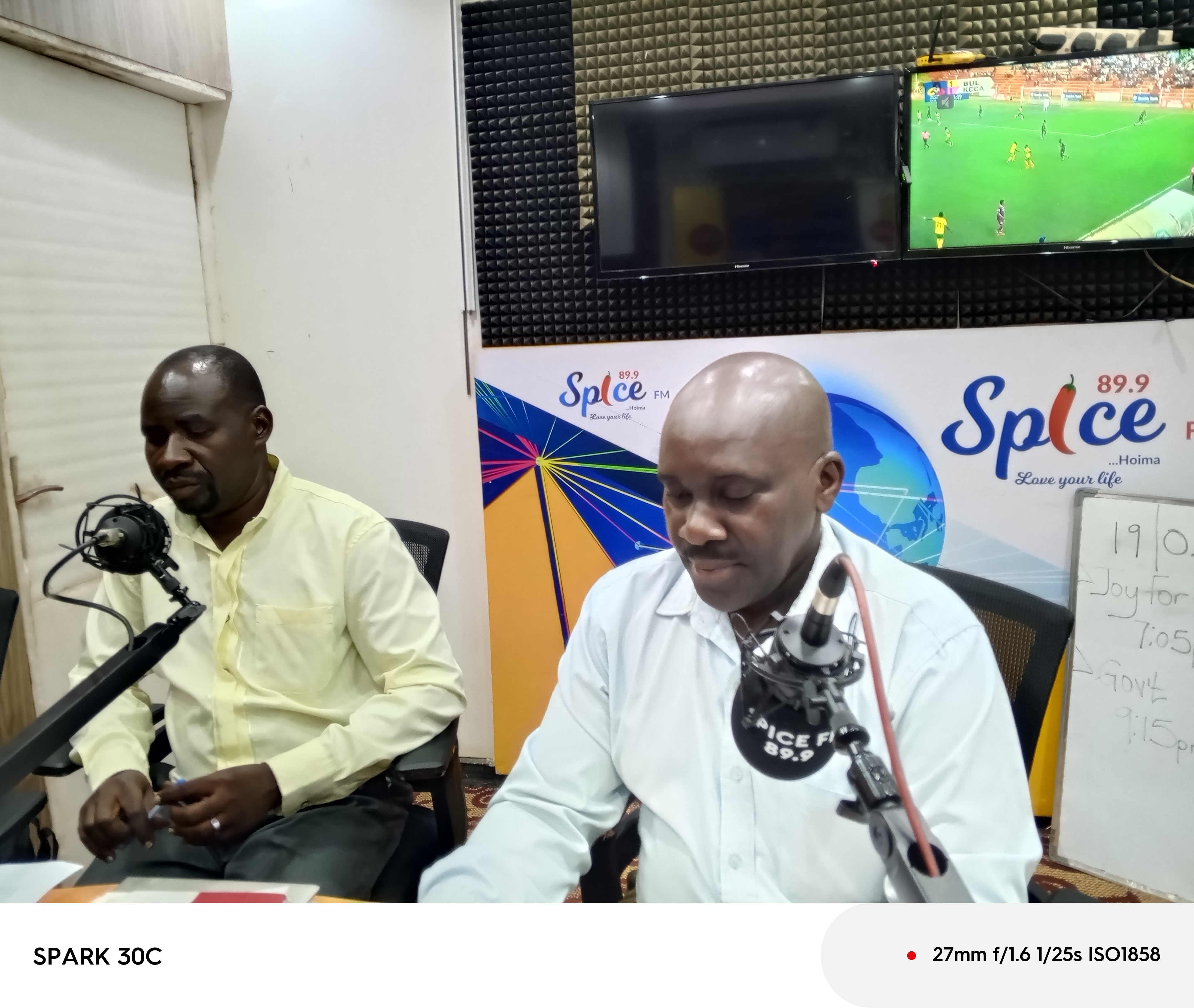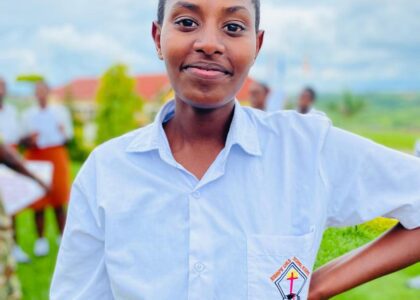A
right to education is a universal right that is applicable to all children
everywhere including children with special needs. It is challenging for them to
access education in Uganda. First and foremost, the negative attitude of communities
is one of the barriers that affect children with disabilities in relation to
access education. The community perceives them as a curse, misfortune, useless
and burden, public shame, witch craft and a disease. These negative perceptions
are even in schools where they are bullied by their fellow learners and also
teachers don’t give them more time in regards to their learning. This negative
perception of people in families, communities and schools about disability
leads to low self-esteem of children with disabilities and thus may affect
their learning in schools. This is because when children with special needs
feel that people around them judge them on the basis of who they are, they
perform less well in schools and they gradually shrink to low self-confidence
and esteem that may lead to dropping out of school. Children with disabilities
therefore require substantive psychosocial support to make them understand and
accept the fact that they are unique and also accept they are human beings with
unique and individual potentials, and that they can participate in learning.
Inaccessibility of the physical environment in
schools is still a major challenge e.g. disability-unfriendly classrooms and
washrooms characterized by narrow doors
and buildings without ramps and landmarks to guide visually impaired pupils, communication
and information means e.g. Lack of sign language interpreters in schools for
the deaf and Braille as well as a shortage and unaffordability of assistive and
mobility devices for example wheelchairs, crutches, body braces, visual and
hearing aids and many others. For any inclusive education program for
children with disabilities, these special needs services have to be provided to
children with disabilities and reasonable accommodation needs to be emphasized
in schools to ensure physical accessibility to classrooms
Children
with disability and play
Children’s
early childhood and always rotates around play, Article 31 of the United Nations
Convention Rights of Children relates to children’s right to play including
children with disabilities. They are characterized by poor body postures, poor
body balance, awkward and jack movements, require too much support, their
physical strength is weak. This is because of lack of exercise and
physiotherapy, too much support provided by the caretakers, lack of assistive
devices, isolation and exclusion, low self-esteem and many others. Children
with special needs can play any game given that they are provided with
physiotherapy to strengthen their weak body joints, psychosocial support to
enhance their self-efficacy and esteem, modification of sports activities or
play activities e.g. wheelchair race and many others. These will help in
promoting independence, participation, self-esteem, attitude change,
socialization and normalization in their communities.
Children with special needs and health
Children
with special needs are considered to be fragile and are susceptible to diseases
of any kind that may require them to seek medical attention from medical
centers. Children with mobility disabilities find it difficult to access the
physical structures due to lack of wheelchairs and to make it worse some health
centers lack ramps, health care workers lack special needs skills and
diagnosing the disease of children with speech difficulties is very
challenging. Provision of assistive devices like hearing aid, wheelchairs and
training health workers braille and sign language interpretation will help in
promoting health for all.
They
suffer attitudinal, tactile, structural and environmental barriers that may
limit their effective participation and access to services on equal basis with
others. The barriers faced in schools, play, health and many others infringe on
their rights and therefore limit their independence and potentials. People and
communities needs to understand that, they should not first judge the
disability of the person, but first accept the human beingness of that person

